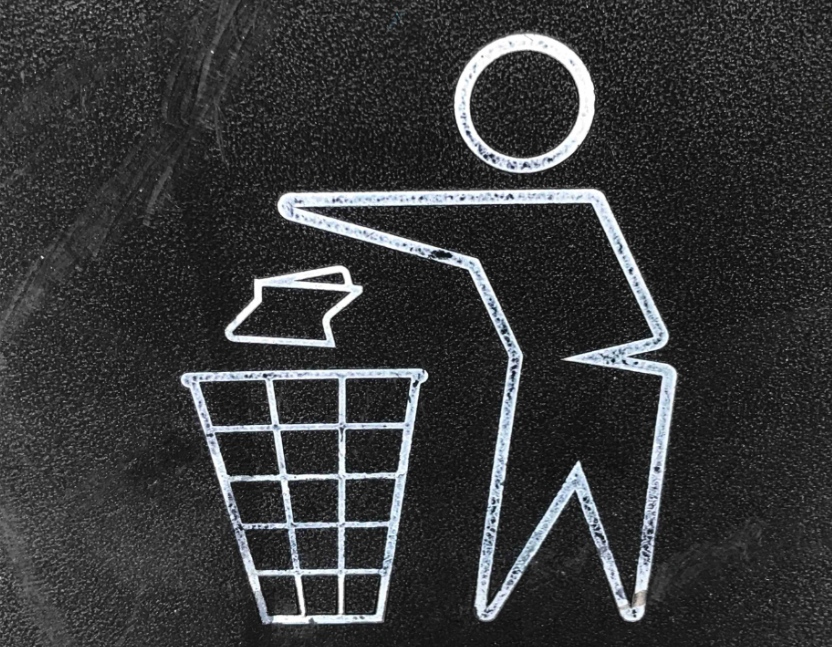A waste saving audit is a comprehensive review of a company’s waste management practices. It involves analyzing the amount and type of waste produced, identifying areas where waste can be reduced or eliminated, and recommending solutions to improve waste management. For startups, waste saving audits can be a valuable tool to help reduce costs, improve efficiency, and promote sustainability.
One of the key benefits of a waste saving audit is cost savings. By identifying areas where waste can be reduced or eliminated, startups can save money on waste disposal fees and reduce the amount of resources they use. This can be particularly important for startups that are operating on a tight budget and need to maximize their resources.
In addition to cost savings, waste saving audits can also help startups improve their environmental performance. By reducing waste and promoting sustainability, startups can demonstrate their commitment to responsible business practices and attract customers who value sustainability. This can help startups differentiate themselves from competitors and build a loyal customer base.
- Benefits of Waste Saving Audit to Your Startup
- Implementing Waste Saving Audit in Your Startup
- Conclusion
Benefits of Waste Saving Audit to Your Startup
A waste saving audit is a comprehensive review of a company’s waste management practices. It is designed to identify areas where waste can be reduced, recycled, or reused. Waste saving audits are an excellent way for startups to reduce costs and improve their environmental impact. Here are some of the benefits of a waste saving audit to your startup:
Cost Savings
One of the most significant benefits of a waste saving audit is the potential cost savings. By identifying areas where waste can be reduced, recycled, or reused, startups can save money on waste disposal fees, reduce the amount of waste they generate, and potentially earn revenue from selling recyclable materials. For example, a startup that produces a lot of paper waste can reduce costs by implementing a paper recycling program.
Improved Environmental Impact
Startups that prioritize sustainability and environmental impact can benefit from a waste saving audit. By reducing the amount of waste they generate, startups can reduce their carbon footprint and contribute to a healthier planet. Additionally, implementing sustainable waste management practices can improve a startup’s reputation and appeal to customers who prioritize sustainability.
Compliance with Regulations
Many startups are subject to waste management regulations, and failure to comply can result in fines and legal issues. A waste saving audit can help startups ensure that they are complying with regulations and avoid any potential legal issues.
Increased Efficiency
A waste saving audit can also help startups identify areas where they can improve efficiency. By streamlining waste management practices, startups can reduce the amount of time and resources they spend on waste management, allowing them to focus on other areas of their business.
Overall, a waste saving audit can benefit startups in many ways, from cost savings to improved environmental impact and increased efficiency. Startups that prioritize sustainability and waste reduction can benefit greatly from a waste saving audit.
Implementing Waste Saving Audit in Your Startup
Implementing a waste saving audit in your startup can help you identify areas where you can reduce waste and save money. By conducting a waste audit, you can identify the types and amounts of waste your startup generates and find ways to reduce or eliminate it. Here are some steps to follow when implementing a waste saving audit in your startup:
Step 1: Identify the Scope of the Audit
Before conducting a waste audit, it is important to identify the scope of the audit. This includes the areas of your startup that will be audited, the types of waste that will be audited, and the timeframe for the audit. For example, you might choose to audit your office space and focus on paper waste for the past three months.
Step 2: Conduct the Audit
Once you have identified the scope of the audit, it is time to conduct the audit. This involves collecting data on the waste generated in the identified areas. You can use tools such as checklists, waste tracking sheets, and scales to collect data on the types and amounts of waste generated.
Step 3: Analyze the Data
After collecting the data, it is time to analyze it. This involves identifying the types of waste that are being generated, the amounts of waste, and the costs associated with it. You can use tables and graphs to help you analyze the data and identify areas where you can reduce waste.
Step 4: Develop a Waste Reduction Plan
Based on the data analysis, you can develop a waste reduction plan. This plan should include specific actions to reduce or eliminate the identified wastes. For example, you might choose to implement a paperless office policy or switch to more sustainable packaging materials.
Step 5: Implement and Monitor the Plan
Once you have developed a waste reduction plan, it is time to implement it. This involves communicating the plan to your team and ensuring that everyone is aware of their roles and responsibilities. You should also monitor the plan to ensure that it is being followed and that the waste reduction targets are being met.
By implementing a waste saving audit, your startup can reduce waste, save money, and become more sustainable.
Conclusion
In conclusion, a waste saving audit can bring significant benefits to a start-up company. By identifying areas where waste can be reduced, a company can save money, improve efficiency, and reduce its environmental impact. The audit process can be tailored to the specific needs of the company, and can be conducted by a third-party consultant or by an internal team.
One of the key benefits of a waste saving audit is the potential for cost savings. By identifying areas where waste can be reduced, a company can save money on materials, energy, and disposal costs. This can have a significant impact on the bottom line, especially for start-up companies that are looking to reduce their expenses.
Another benefit of a waste saving audit is the potential for improved efficiency. By identifying areas where processes can be streamlined and waste can be reduced, a company can improve its overall productivity. This can lead to increased output, faster turnaround times, and improved customer satisfaction.
Finally, a waste saving audit can help a start-up company reduce its environmental impact. By reducing waste and improving efficiency, a company can reduce its carbon footprint and contribute to a more sustainable future. This can also have a positive impact on the company’s reputation and brand image.
Overall, a waste saving audit is a valuable tool for any start-up company looking to improve its operations and reduce its environmental impact. By identifying areas where waste can be reduced and efficiency can be improved, a company can save money, improve productivity, and contribute to a more sustainable future.


